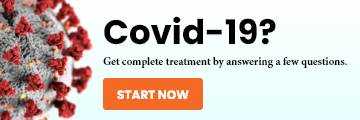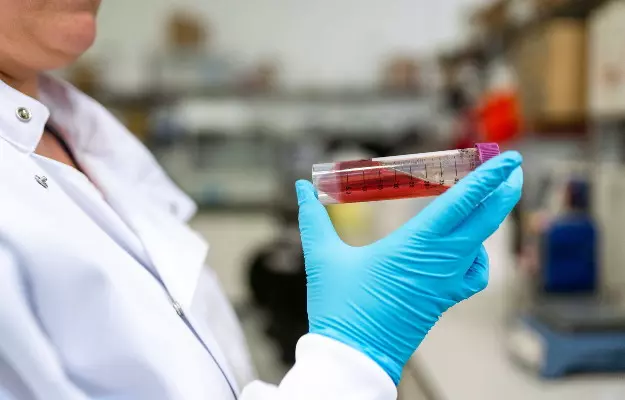Antigen tests have shown better results than antibody-based tests in testing of COVID-19. News reports on Friday, 24 July suggested that cases of false negatives were being reported in the antigen tests, on the basis of which the Brihanmumbai Municipal Corporation (BMC) started its 'Mission Universal Testing Scheme' in July 2020.
According to the report, false negative cases during antigen testing have also been reported in Delhi, the national capital. Meanwhile, the Indian Council for Medical Research (ICMR) is also said to have given commercial approval to an antigen testing kit made by an indigenous company.
Antigen tests of 538 symptomatic patients of COVID-19 were performed at the government hospital in Mumbai, 60% of which were found to be positive in the RT-PCR test. However, In another government hospital, 43 COVID-19 patients were found to be negative in the antigen test, 65% of whom were found positive in RT-PCR tests.
Read more: Can asymptomatic patients spread COVID-19?
Significantly, the BMC has conducted more than 8,800 antigen tests in Mumbai this month, out of which 1,152 have been found to be positive. How many of the remaining results are negative can now become the subject of investigation.
With such a large number of false negative cases cropping up, Dr. Jayanthi Shastri, head of the Molecular Diagnostic Laboratory of Kasturba Hospital, says that this is due to the creation of an antigen testing kit, which has a sensitivity of 50%, while the specificity is 100%. The sensitivity of the test refers to the ability of the kit to identify patients with the disease, while specificity implies the ability to identify those who are not vulnerable to the disease.
Health ministry's argument on Delhi's false negative tests
The Union Health Ministry had reported that 15% of more than three lakh tests conducted to identify COVID-19 patients in Delhi had turned out to be negative. According to the ministry, more than 3.63 lakh tests were conducted in the capital, of which only 6.33% turned out to be positive between June 18 and July 21.
Read more: Made in India ELISA test for COVID-19
At the same time, 2,294 of the samples that turned out to be negative showed symptoms of COVID-19. When the RT-PCR test was performed, about 15% of those samples were found to be positive.
Even as the total number of daily cases in Delhi continue to drop, there is a growing debate over the veracity of these tests. The government says that the number of symptomatic false-negative results is comparatively small, and only RT-PCR testing of these results should be taken into account, while arguing that retesting all negative reports may be 'futile'.
Medical experts, however, do not agree with this, saying the risk of disease remains at a high level due to the rising false negatives.
The ICMR has stated in its testing protocol that RT-PCR testing of samples should be 'compulsory' if it is found negative in the antigen test, to get accurate information about whether or not the virus is present. But the Ministry of Health and Family Welfare says that asymptomatic people who are negative in antigen testing will be monitored only for a few days.
Approval for made-in-India antigen test kit
In the midst of the growing debate over antigen testing, ICMR has given commercial approval to 'Pathocatch', an antigen rapid testing kit manufactured by molecular diagnostic company Mylab Discovery Solutions (MDS).
Mylabs has become the first Indian company that has received approval from the ICMR to be used in the country for testing patients for COVID-19. The price of this indigenous kit is said to be around Rs 450, making it an affordable option.















